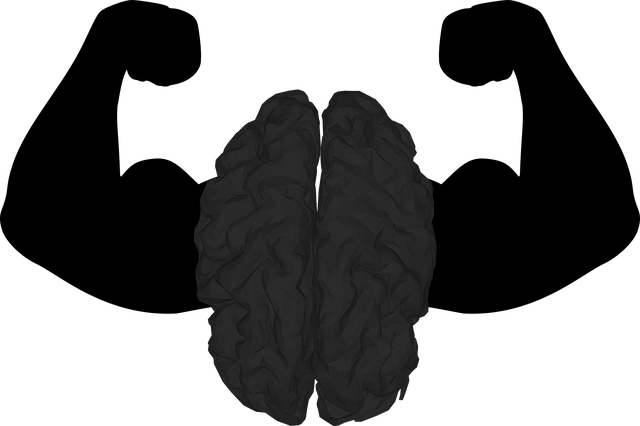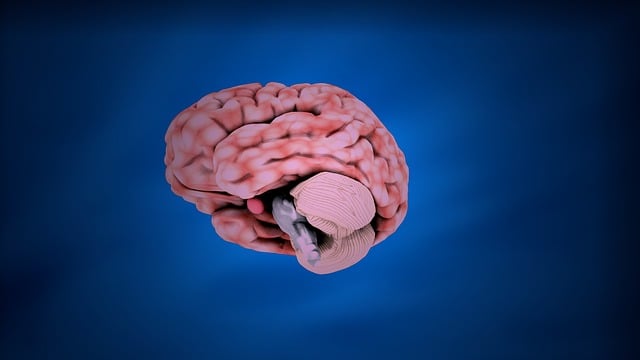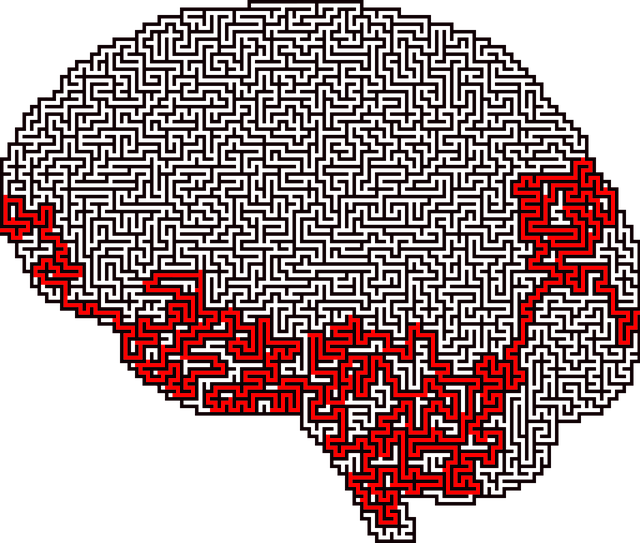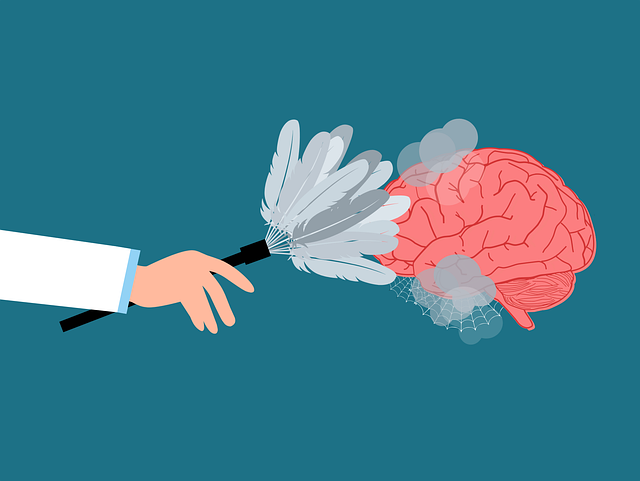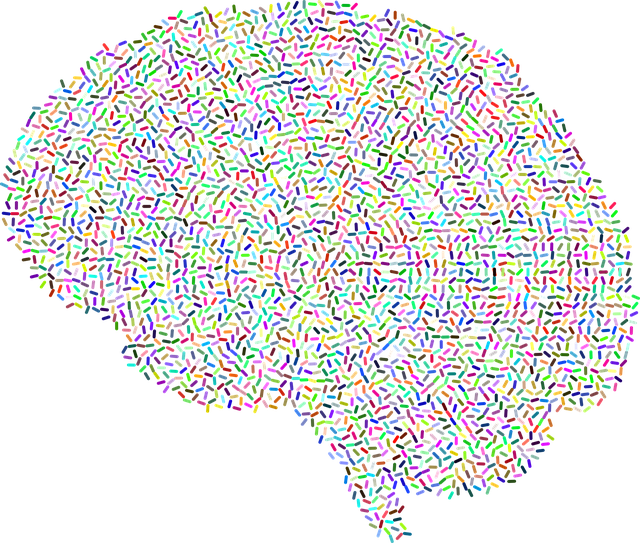Resilience, built through the RFM framework (Resistance, Flexibility, Mastery), self-awareness exercises, and mindful eating, is crucial for mental well-being, especially in treating superior eating disorders. Superior Eating Disorders Therapy integrates dietary plans with psychological treatments, enhancing self-esteem, social skills, and mental fortitude. Mindful eating practices help individuals connect with body hunger cues, fostering a healthier relationship with food. A Resilience Plan, incorporating strategies like anxiety management, physical movement, and hobbies, guides individuals through challenges. Supportive communities and digital resources further aid healing and resilience, making recovery more accessible and effective.
In the pursuit of healing from eating disorders, building resilience is paramount. This article explores the powerful tool of RFM (Recovery Capital Framework) as a foundation for fostering resilience. We delve into dietary therapy’s role in recovery and present effective mindful eating exercises. Additionally, discover how to create a personalized resilience plan and find supportive communities for long-term healing. Elevate your journey towards superior eating disorders therapy with these transformative strategies.
- Understanding RFM: A Foundation for Resilience
- The Role of Dietary Therapy in Recovery
- Engaging in Mindful Eating Exercises
- Creating a Personalized Resilience Plan
- Supportive Communities for Long-Term Healing
Understanding RFM: A Foundation for Resilience

Resilience is a vital component of mental well-being, especially when navigating challenging life situations. RFM, or Resistance, Flexibility, and Mastery, is a framework designed to help individuals build resilience from within. This approach emphasizes self-awareness exercises, fostering an understanding of one’s thoughts, emotions, and behaviors during stressful events. By recognizing triggers and developing healthy coping mechanisms, individuals can enhance their ability to adapt and bounce back from adversity.
Superior Eating Disorders Therapy often incorporates RFM principles to support clients in their journey towards recovery. Self-esteem improvement is a key aspect, as individuals learn to challenge negative self-perceptions and develop a more positive and adaptive mindset. Social skills training becomes easier when resilience is built, enabling people to engage in supportive relationships and navigate social interactions with increased confidence. These exercises contribute to overall mental fortitude, ensuring that individuals can face challenges head-on and lead fulfilling lives.
The Role of Dietary Therapy in Recovery

Dietary therapy plays a pivotal role in recovery from eating disorders, serving as a crucial component alongside psychological interventions. A tailored nutrition plan can address the underlying emotional and psychological factors that contribute to disordered eating, fostering positive thinking and inner strength development. By focusing on balanced meals and a healthy relationship with food, individuals can regain control over their eating habits and enhance their overall well-being.
Incorporating dietary therapy into recovery programs also aids in burnout prevention strategies for healthcare providers. The meticulous process of Superior Eating Disorders Therapy requires patience and expertise. Nutritionists and therapists work collaboratively to create personalized plans that cater to individual needs, ensuring a holistic approach to treatment. This supportive environment encourages clients to embrace healthier choices while mitigating the risk of relapse, ultimately paving the way for lasting recovery.
Engaging in Mindful Eating Exercises

Engaging in mindful eating exercises is a powerful tool for building resilience and supporting mental health awareness. In today’s fast-paced world, where convenience often trumps nourishment, taking a step back to focus on our food choices can be transformative. Mindful eating encourages individuals to connect with their bodies’ hunger cues, savor each bite, and become more attuned to the sensory experience of mealtime. This practice is especially beneficial for those who struggle with superior eating disorders, as it fosters self-care practices that promote a healthier relationship with food.
By integrating mindfulness into meals, individuals can learn to recognize emotional triggers around eating and develop coping mechanisms that go beyond restrictive diets. Trauma support services often highlight the impact of past experiences on current behaviors, and mindful eating provides a safe space to explore these connections without judgment. This approach not only aids in healing but also empowers people to make conscious decisions about their nutrition, ultimately strengthening their resilience.
Creating a Personalized Resilience Plan

Building resilience is a personal journey that requires understanding your unique strengths and challenges. A personalized Resilience Plan acts as a roadmap to help individuals navigate life’s storms with increased agility and fortitude. This plan involves identifying specific areas where one may need support, such as managing anxiety or improving social skills, which are key aspects often targeted in Superior Eating Disorders Therapy. By integrating evidence-based strategies from various therapeutic modalities, individuals can develop tailored self-care practices that foster resilience.
Self-care practices play a pivotal role in building mental and emotional strength. This includes activities like mindfulness exercises, regular physical movement, and engaging in hobbies that bring joy. Incorporating these into daily routines promotes anxiety relief and cultivates a sense of calm amidst life’s pressures. Social skills training is another valuable component, encouraging individuals to foster meaningful connections and seek support from their networks, which can significantly enhance overall resilience.
Supportive Communities for Long-Term Healing

Building resilience through supportive communities is a cornerstone of long-term healing for those battling eating disorders. These communities offer a safe space where individuals can connect with others who understand their struggles, fostering a sense of belonging and encouragement. In addition to individual therapy, group settings that prioritize cultural sensitivity in mental healthcare practice play a pivotal role in the recovery process. Here, members share experiences, strategies, and support each other in navigating the challenges of eating disorders.
The presence of supportive communities also extends beyond in-person gatherings. Mental wellness podcast series production has made it possible to reach a broader audience with tailored content focused on self-esteem improvement and overall mental wellness. These podcasts provide accessible resources for those seeking guidance, affirmation, and hope in their recovery journey. By combining personal connections within communities and the convenience of digital media, individuals have more opportunities to engage in activities that promote healing and resilience.
Resilience is a powerful tool in overcoming eating disorders, and RFM (Recovery, Flexibility, Mastery) exercises provide a structured approach. By combining dietary therapy with mindful eating practices, individuals can develop personalized plans for long-term healing. Supportive communities play a vital role in this process, offering encouragement and understanding. With the right strategies and support, superior eating disorders therapy becomes accessible, empowering folks to embrace recovery and maintain their newfound resilience.


